Our range of lightweight glass bottles
Here you will find an extensive selection of shapes, colors and volumes of weight-reduced lightweight bottles. Make your choice!
-

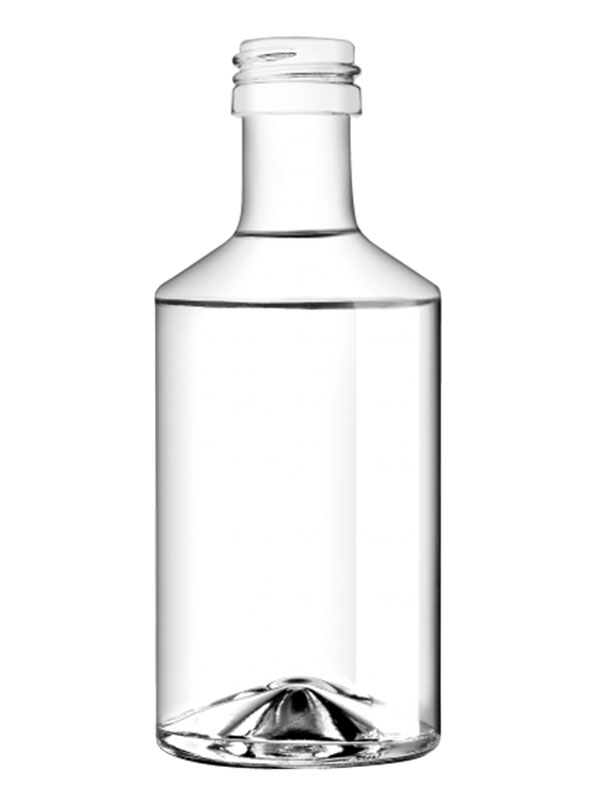 Zadig 50ml
Zadig 50ml -

 My Air 200ml
My Air 200ml -

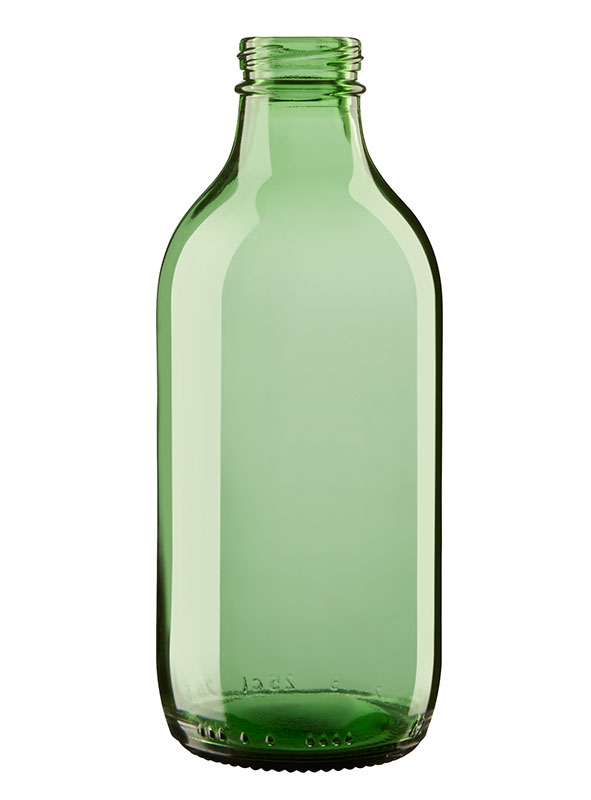 Dose 250ml
Dose 250ml -

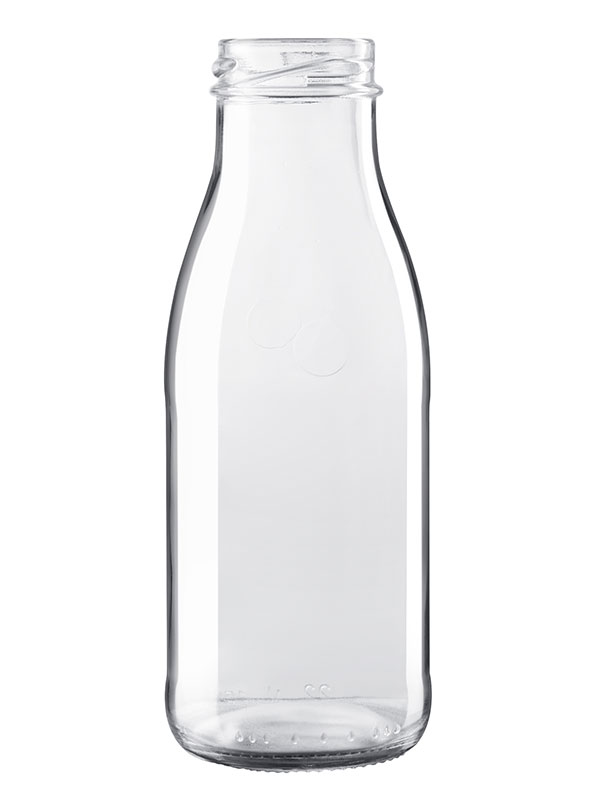 Frescor 250ml
Frescor 250ml -

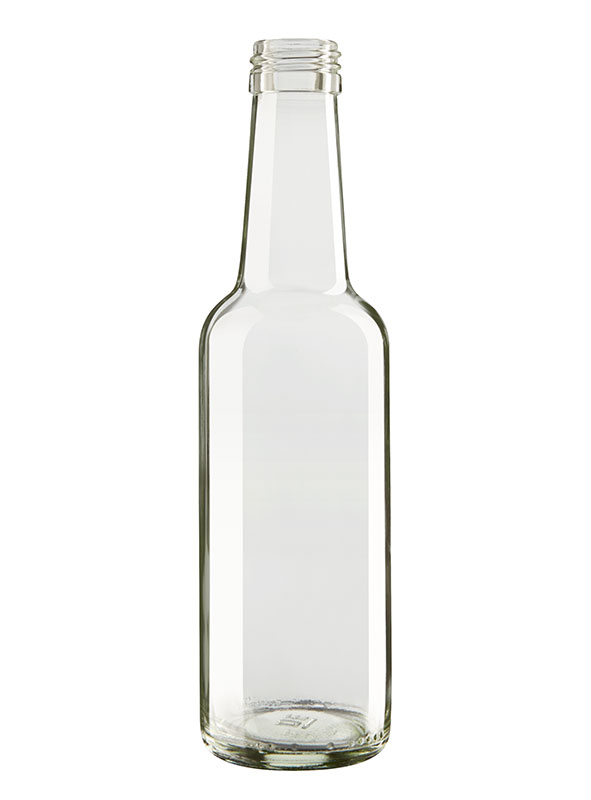 Gradhals 250ml
Gradhals 250ml -

 Red Ice L 275ml
Red Ice L 275ml -

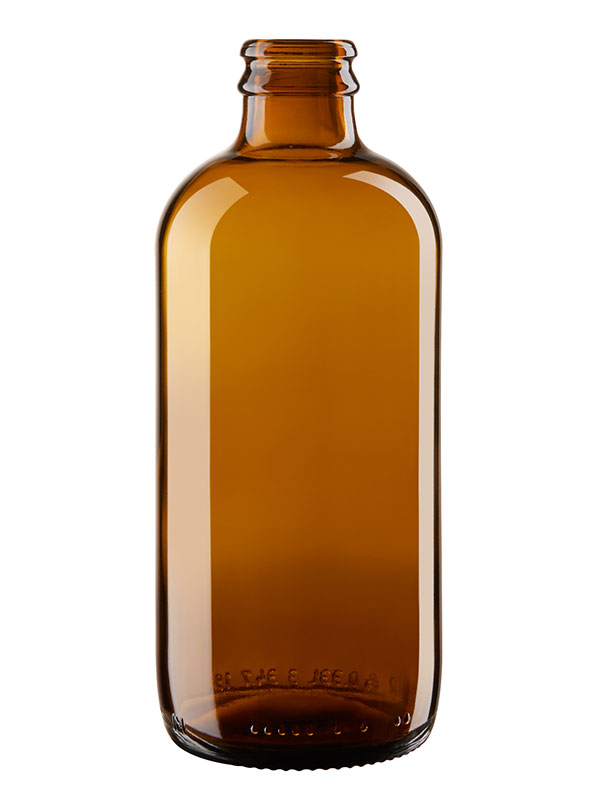 Dose 330ml
Dose 330ml -
 Dose 330ml
Dose 330ml -

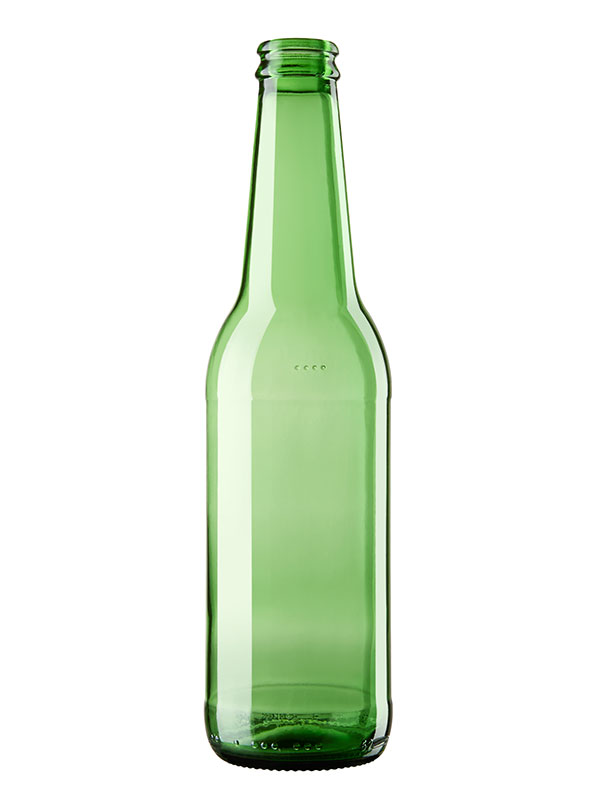 Longneck Pivo 330ml
Longneck Pivo 330ml -

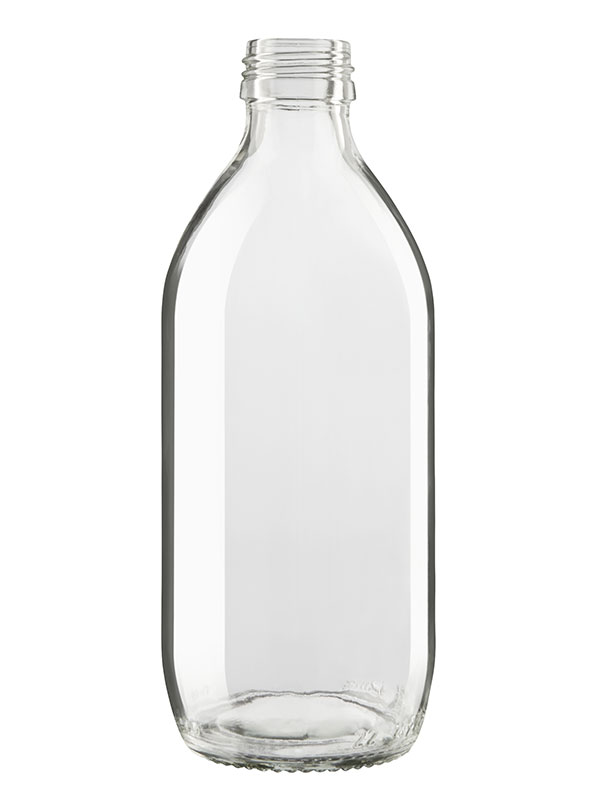 Softdrink 330ml
Softdrink 330ml -

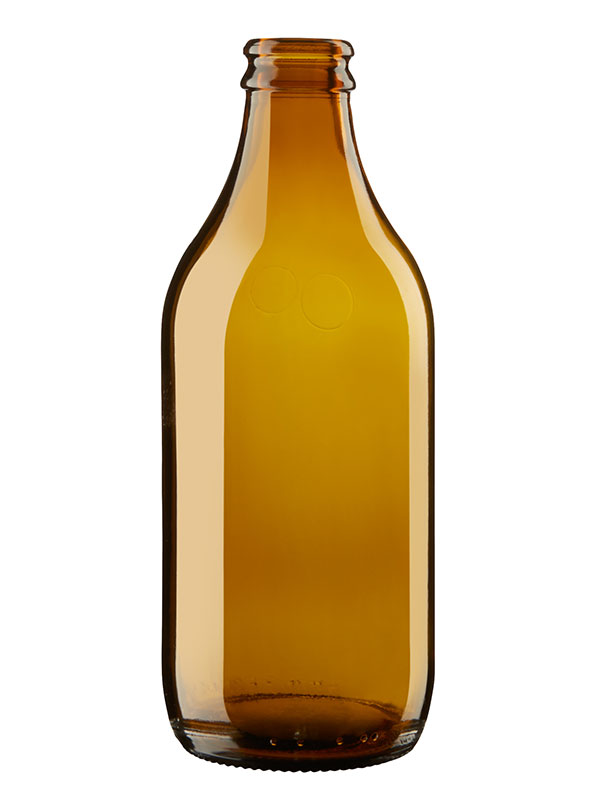 Std. IV 330ml
Std. IV 330ml -

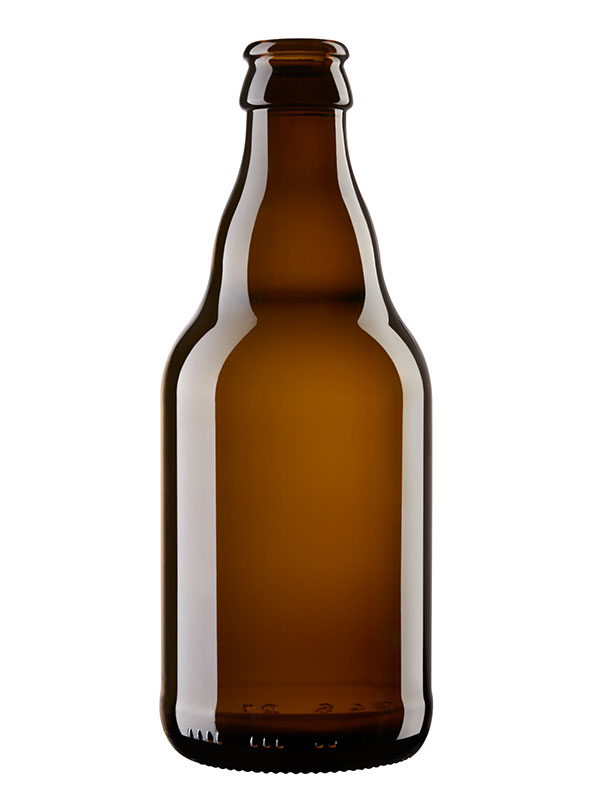 Steinie 330ml
Steinie 330ml -

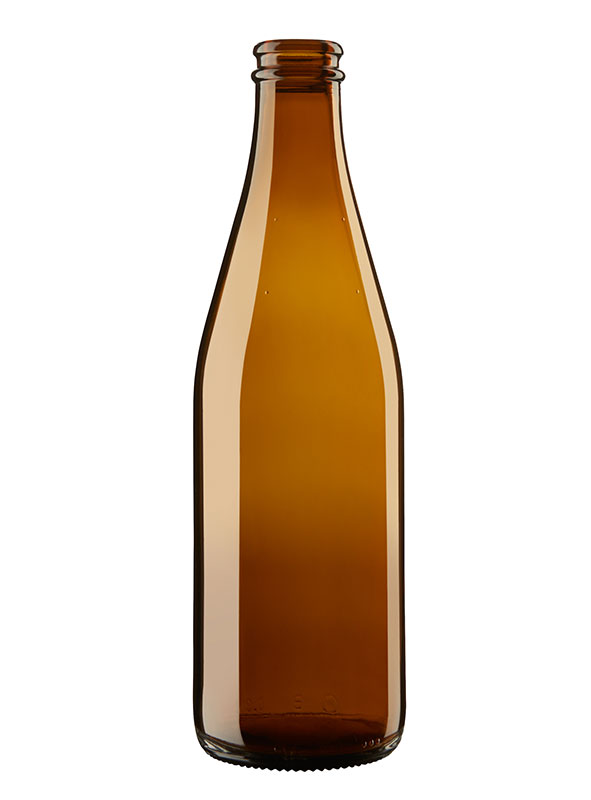 Vichy 330ml
Vichy 330ml -

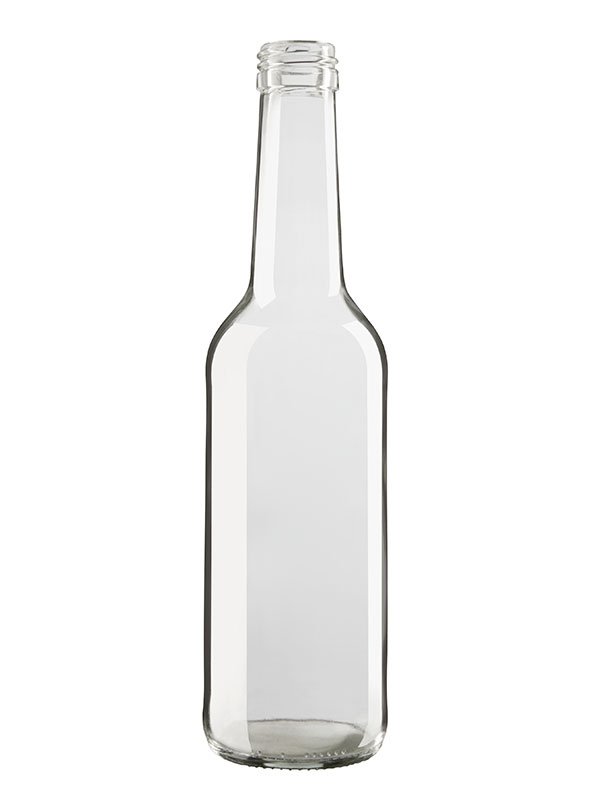 Gradhals 350ml
Gradhals 350ml -

 AMC 500ml
AMC 500ml -

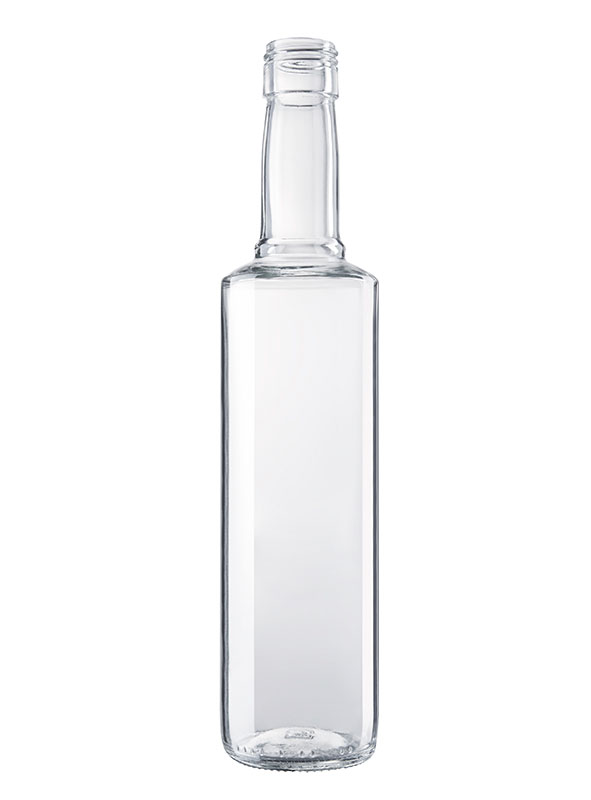 Anita 500ml
Anita 500ml -

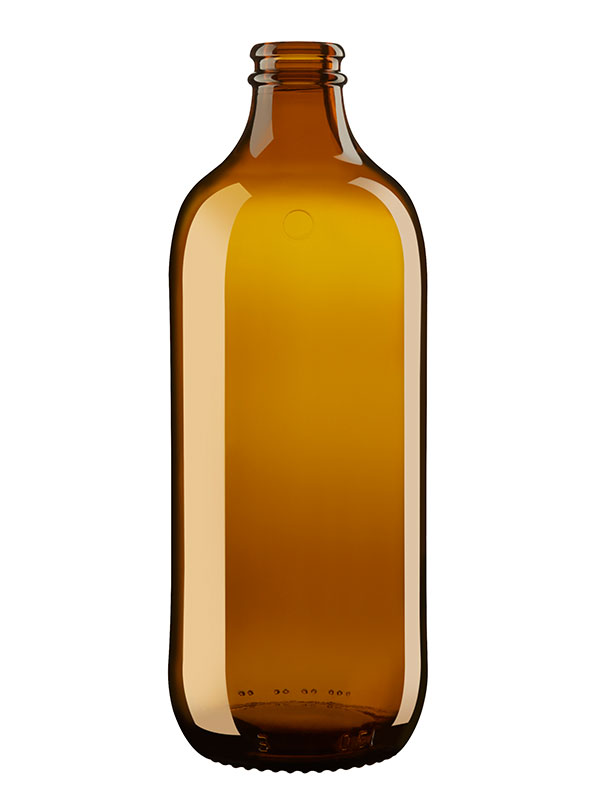 Dose 500ml
Dose 500ml -

 Floreales 500ml
Floreales 500ml -

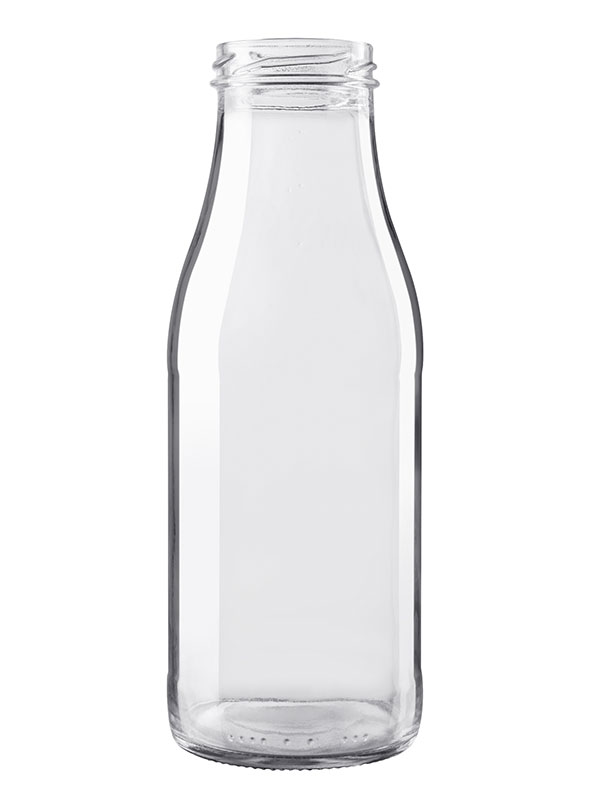 Frescor 500ml
Frescor 500ml -

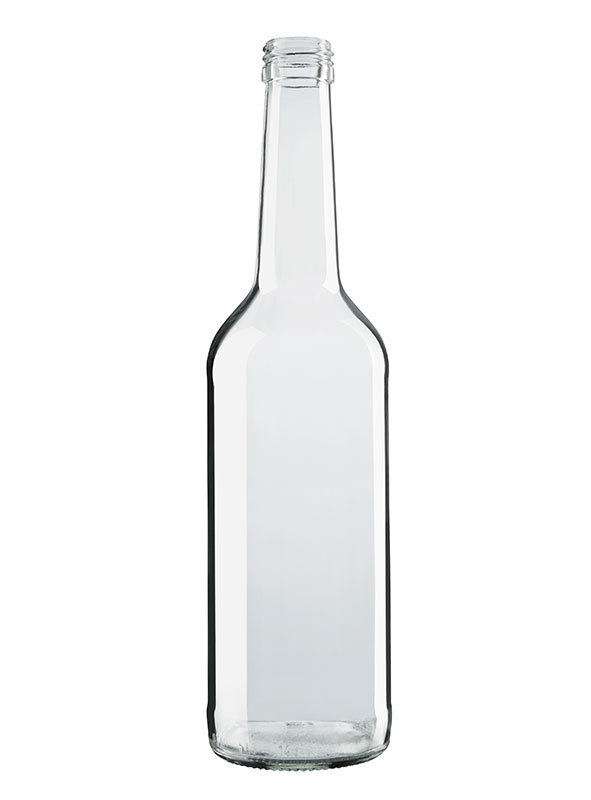 Gradhals 500ml
Gradhals 500ml -

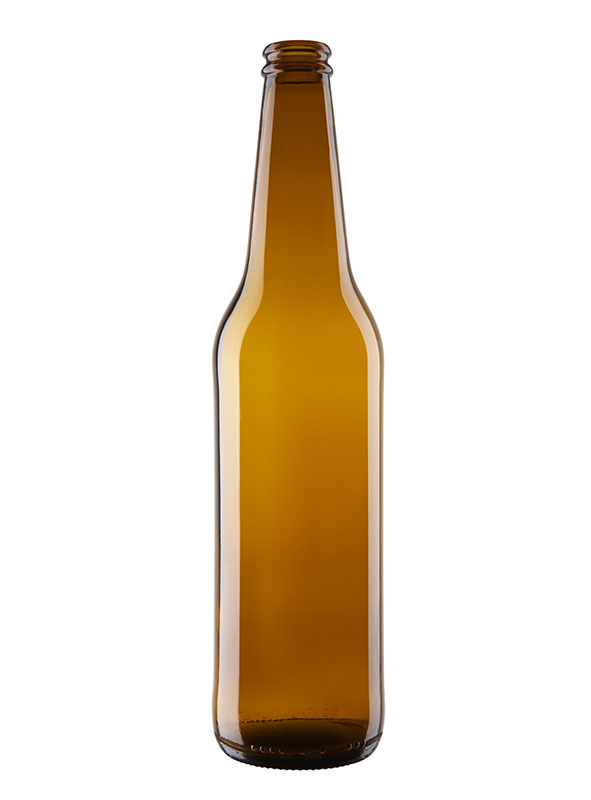 Longneck 500ml
Longneck 500ml -

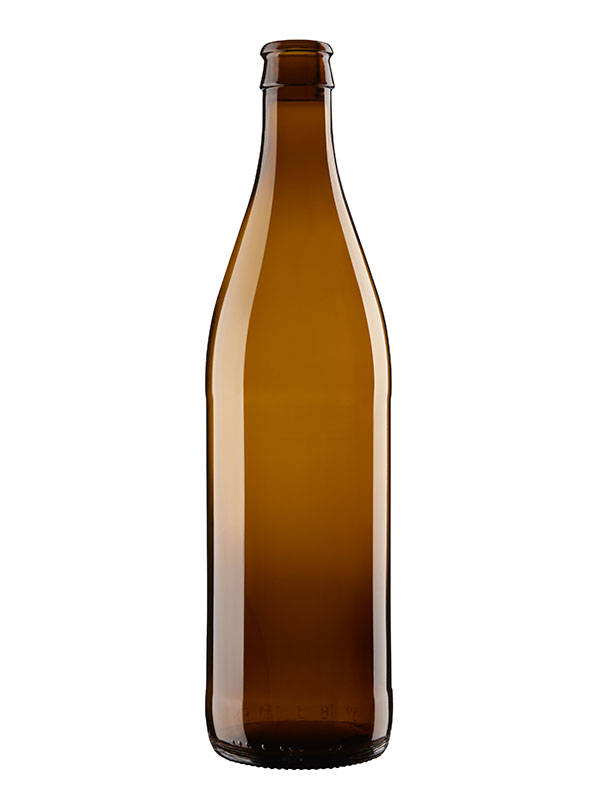 NRW 500ml
NRW 500ml -

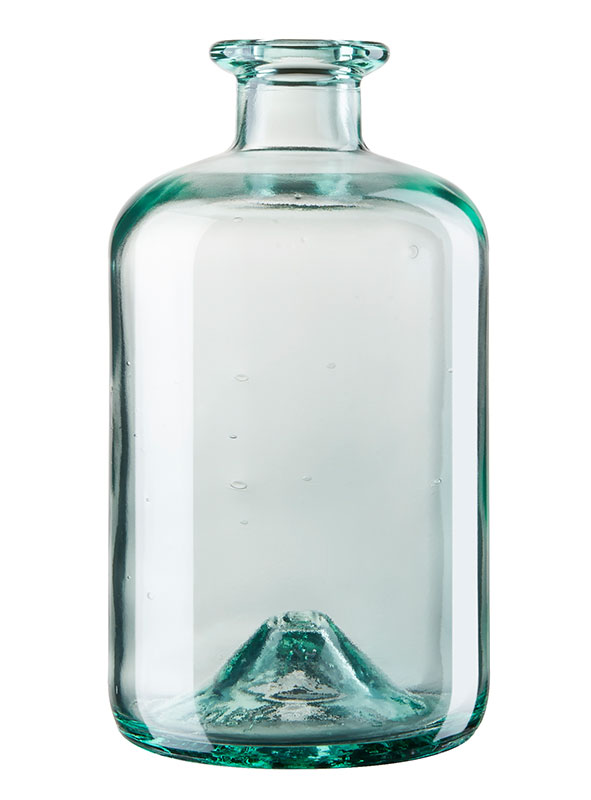 Pharma 500ml
Pharma 500ml -

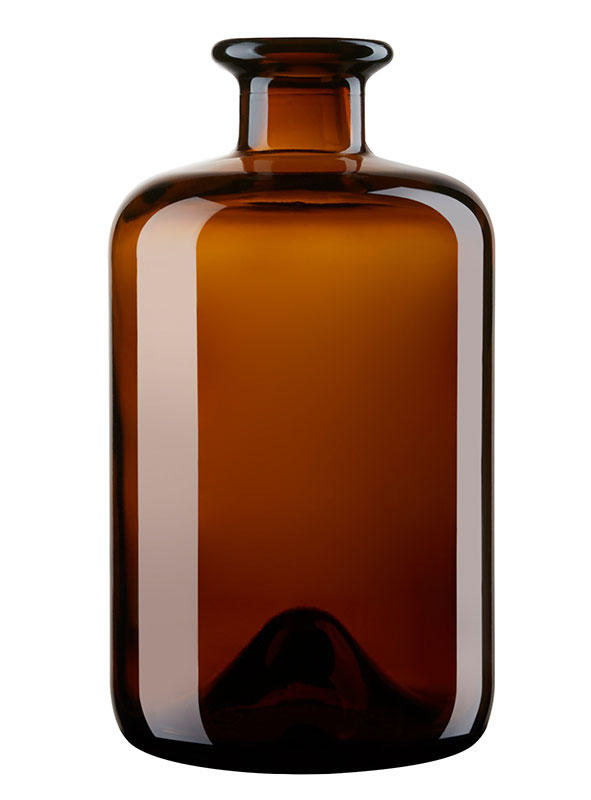 Pharma 500ml
Pharma 500ml -

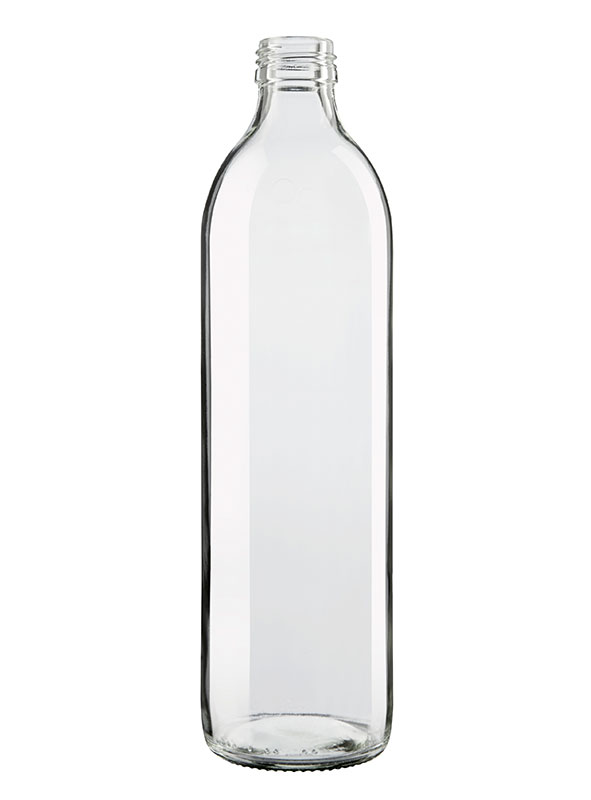 Wasser Schäff 500ml
Wasser Schäff 500ml -

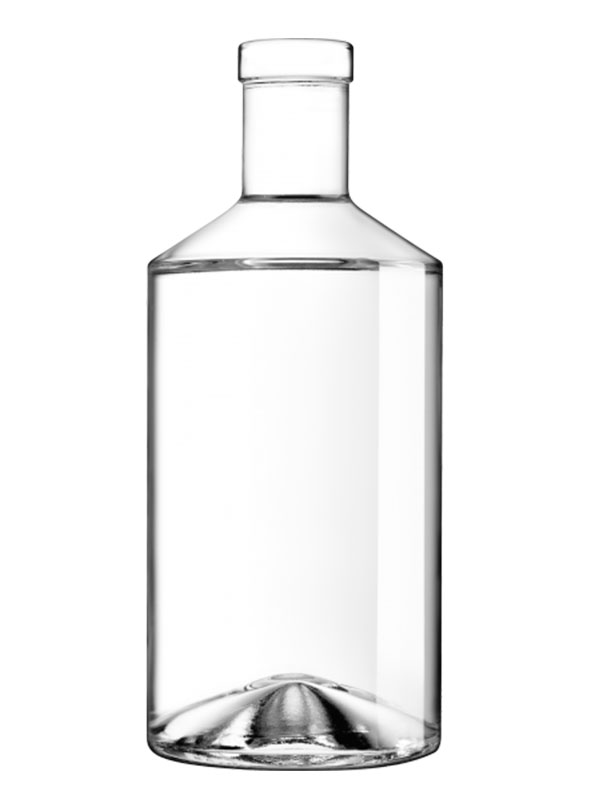 Zadig 500ml
Zadig 500ml -

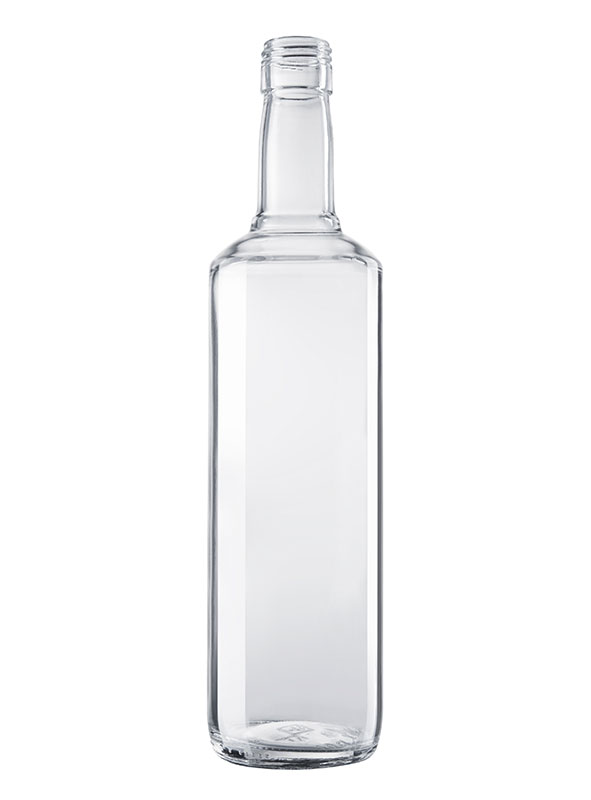 Anita 700ml
Anita 700ml -

 Floreales 700ml
Floreales 700ml -

 Gin 700ml
Gin 700ml -

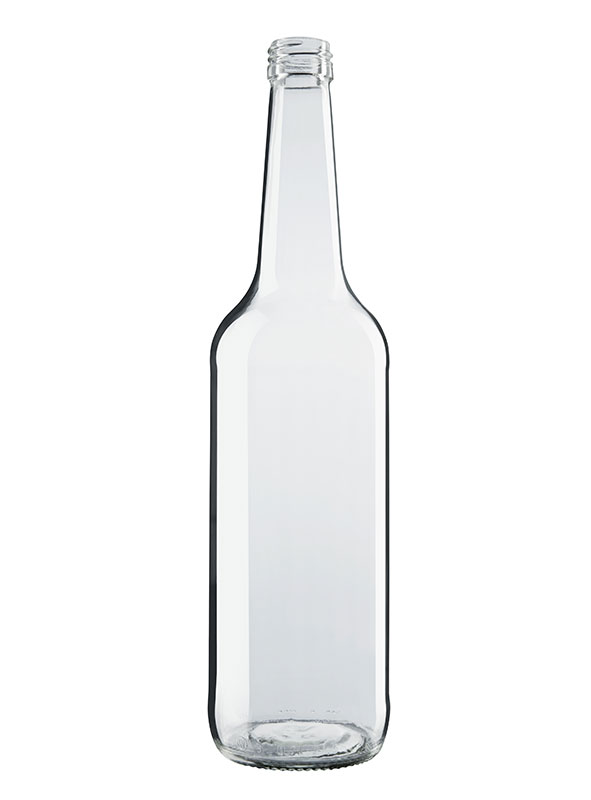 Gradhals 700ml
Gradhals 700ml -

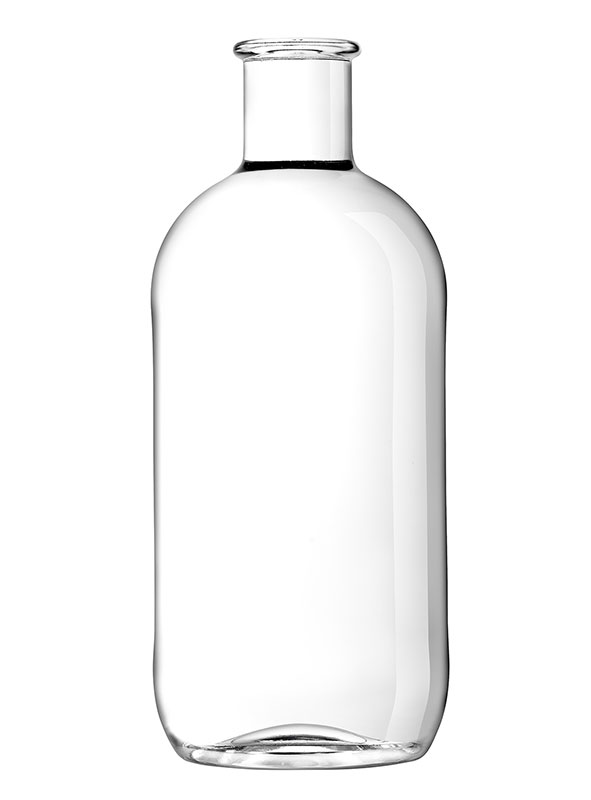 GYM Tonic 700ml
GYM Tonic 700ml -

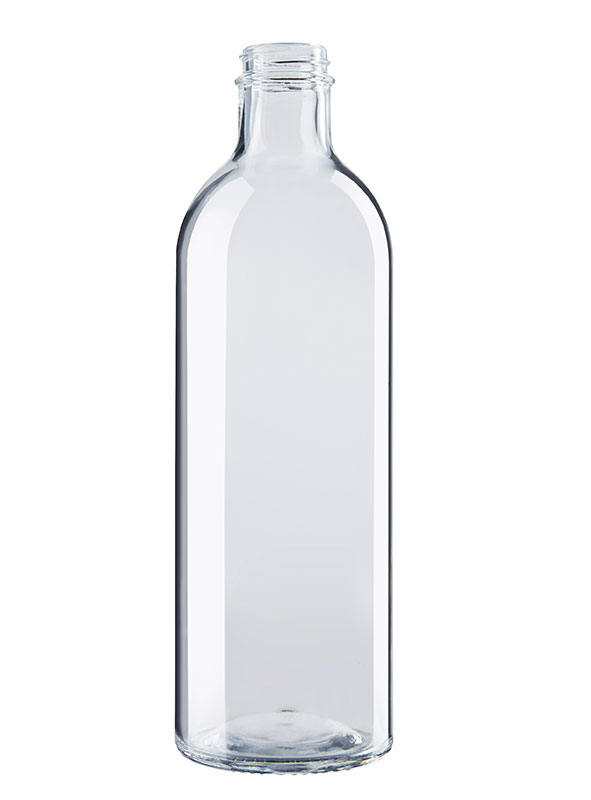 Helium 700ml
Helium 700ml -

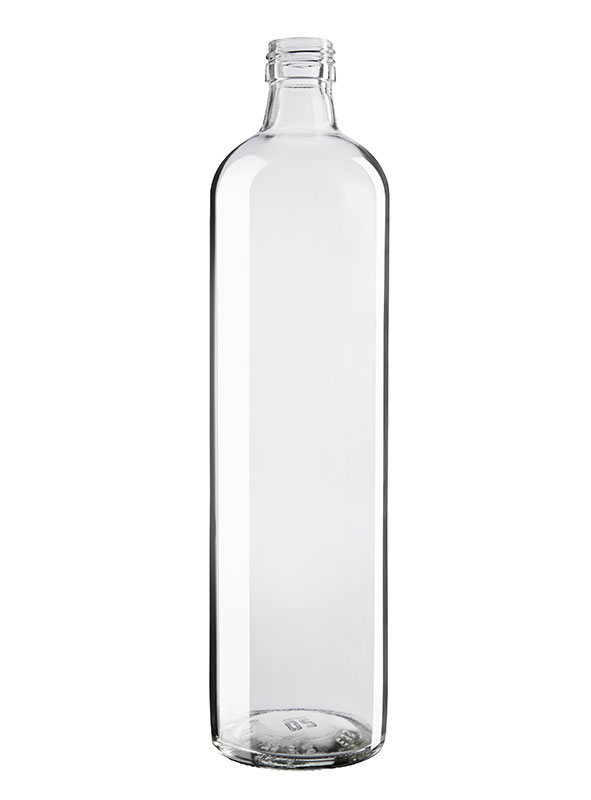 Krug 700ml
Krug 700ml -

 Malty 700ml
Malty 700ml -

 Malty 700ml
Malty 700ml -

 Malty 700ml
Malty 700ml -

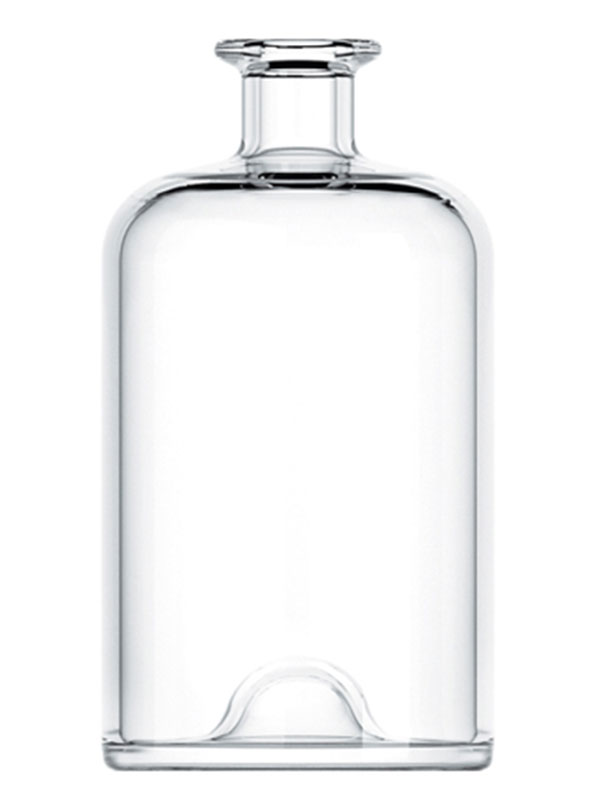 Pharma 700ml
Pharma 700ml -

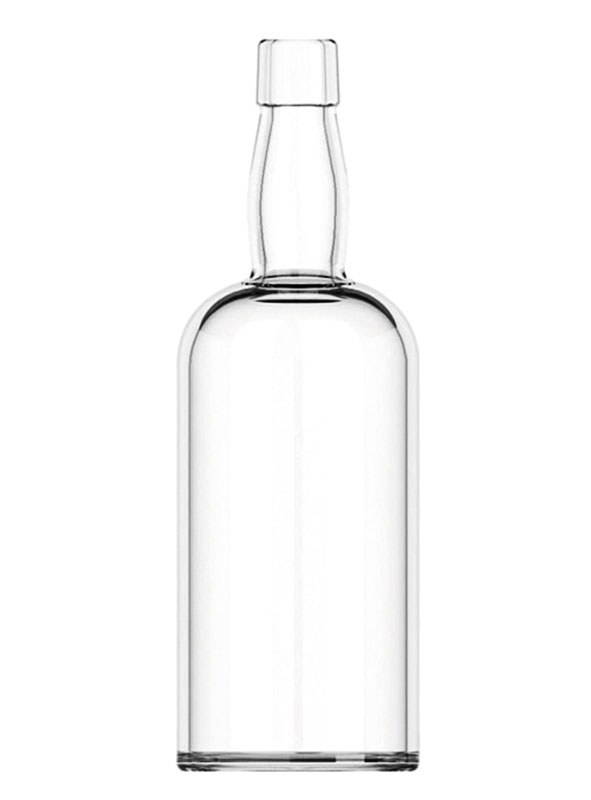 Pirate Eco 700ml
Pirate Eco 700ml -

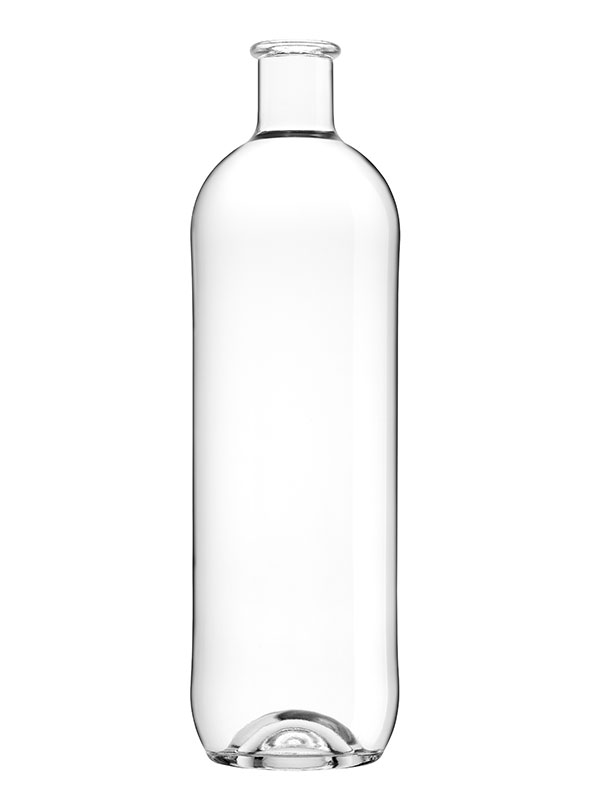 SO Tonic 700ml
SO Tonic 700ml -

 Solo 700ml
Solo 700ml -

 Solo 700ml
Solo 700ml -

 Solo 700ml
Solo 700ml -
 Stentino L 700ml
Stentino L 700ml -

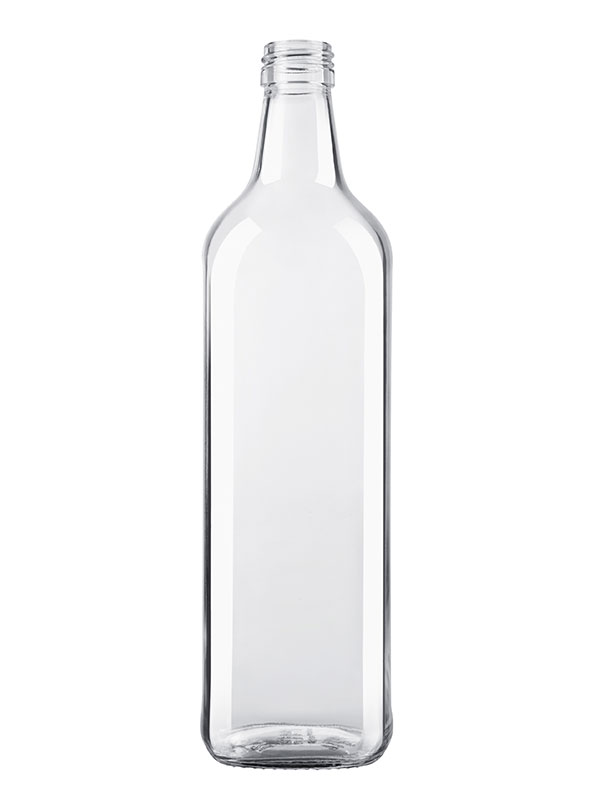 Vierkant 700ml
Vierkant 700ml -

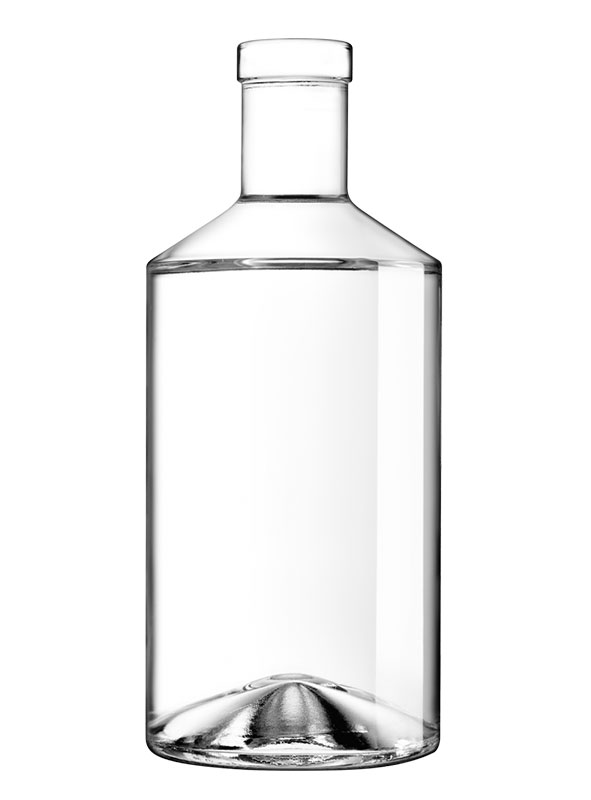 Zadig 700ml
Zadig 700ml -

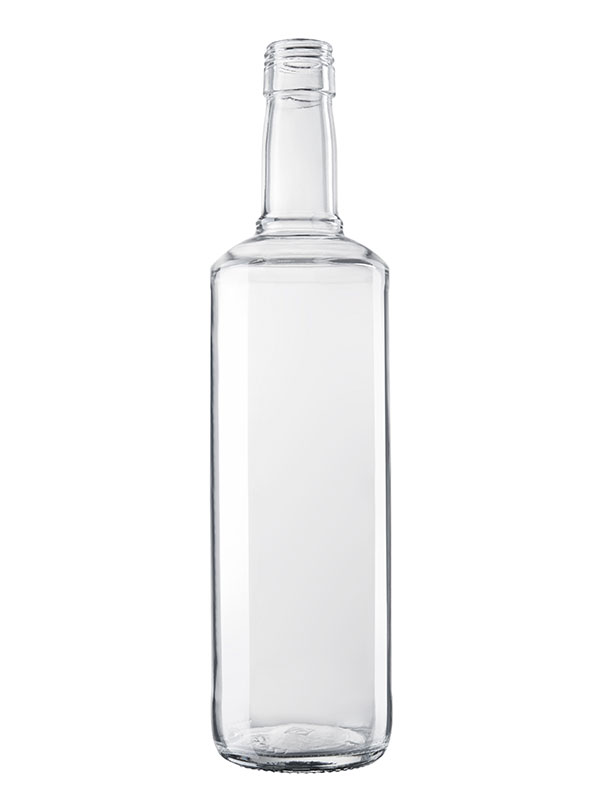 Anita 750ml
Anita 750ml -

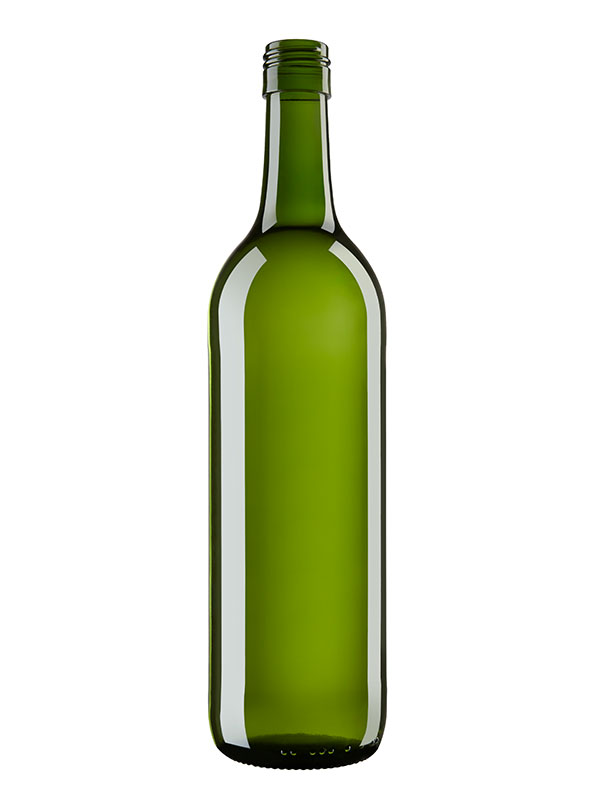 Bordeaux Air 750ml
Bordeaux Air 750ml -

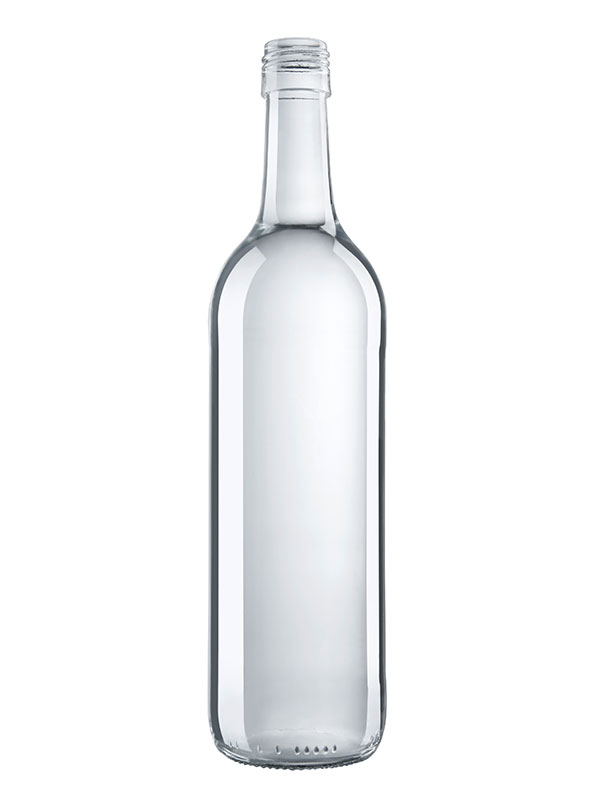 Bordeaux Air 750ml
Bordeaux Air 750ml -

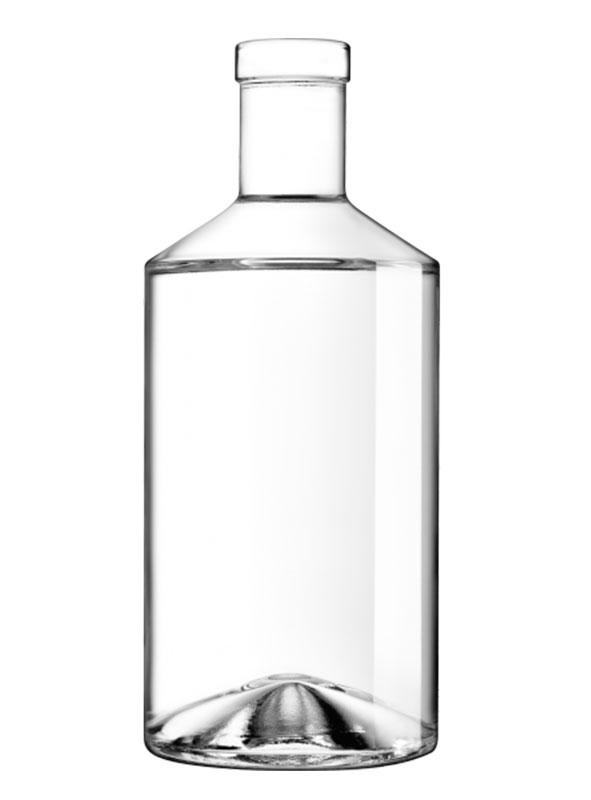 Zadig 750ml
Zadig 750ml -

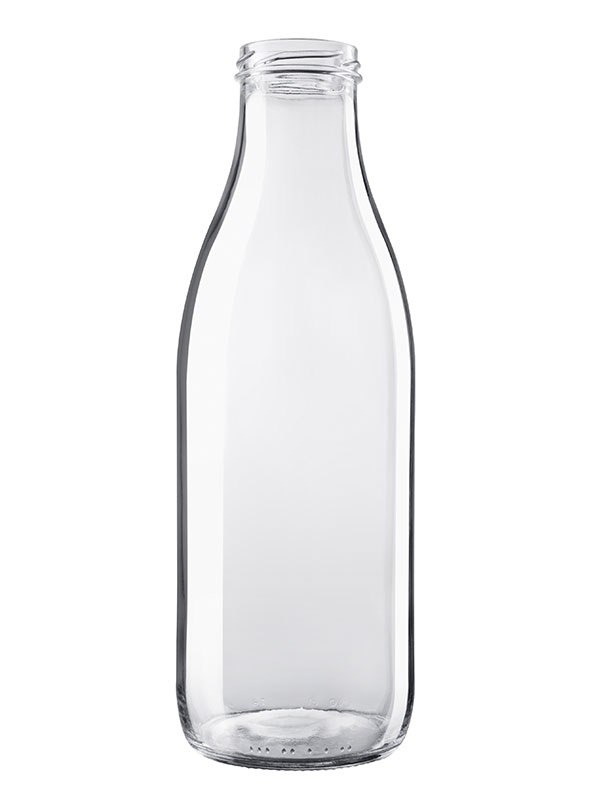 Frescor 1000ml
Frescor 1000ml -

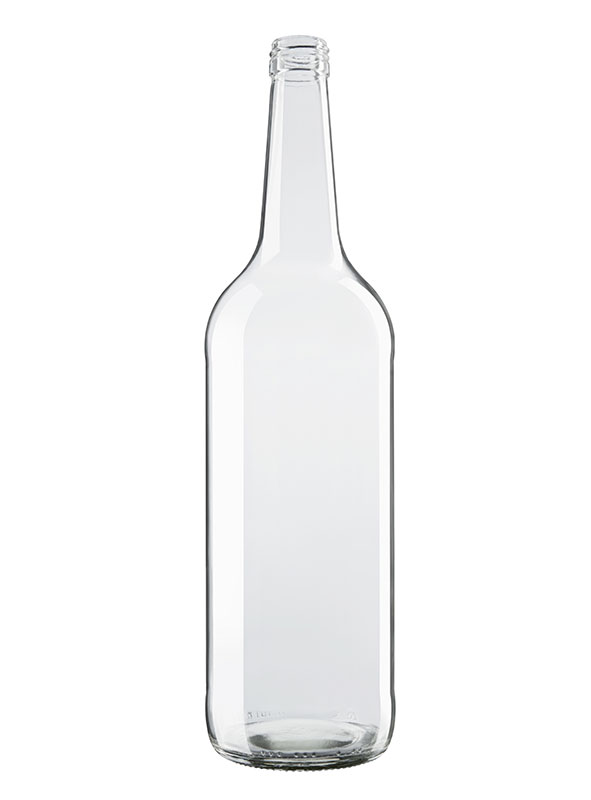 Gradhals 1000ml
Gradhals 1000ml
Light bottles
Lightweight glass bottles are an innovation in the packaging industry that aims to reduce environmental impact and production costs. Here are some key points about lightweight glass bottles:
Features and benefits
- Reduced weight: These bottles are lighter than conventional glass bottles, making transport more efficient and cost-effective.
- Environmentally friendly: The production of lighter glass bottles uses less raw material and energy, which contributes to a reduction in CO₂ emissions.
- Resource conservation: Using less glass conserves natural resources.
- Recycling: Reduced-weight glass bottles are still fully recyclable, making them a sustainable packaging solution.
Production
The production of weight-reduced glass bottles requires advanced technologies and manufacturing methods to ensure the same stability and strength as conventional glass bottles. This is often achieved through optimised shaping and innovative manufacturing processes.
Examples and applications
- Beverage industry: Many beverage manufacturers, including major brands, rely on weight-reduced glass bottles to reduce their environmental footprint.
- Cosmetics and pharmaceuticals: Reduced-weight glass bottles are also increasingly being used in these industries to reduce transport costs and offer more environmentally friendly packaging
The challenges
- Stability and shelf life: The challenge is to reduce the weight without compromising the stability and shelf life of the bottles.
- Cost: The initial cost of converting to reduced-weight bottle production can be high, which can be a hurdle for smaller manufacturers.
Overall, reduced-weight glass bottles represent a significant development in the packaging industry, offering both economic and environmental benefits.







